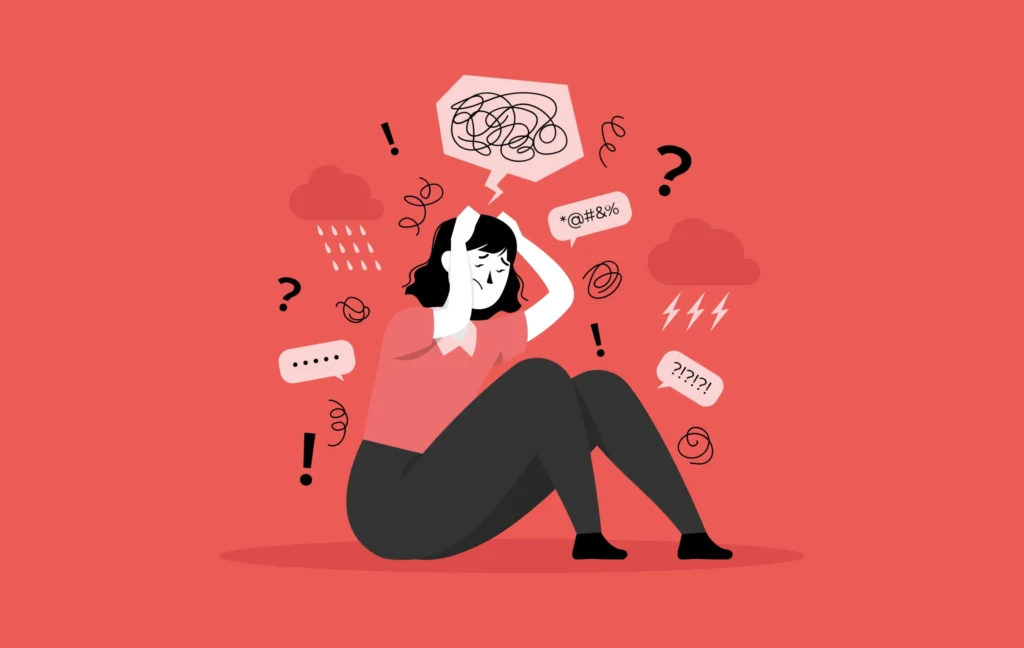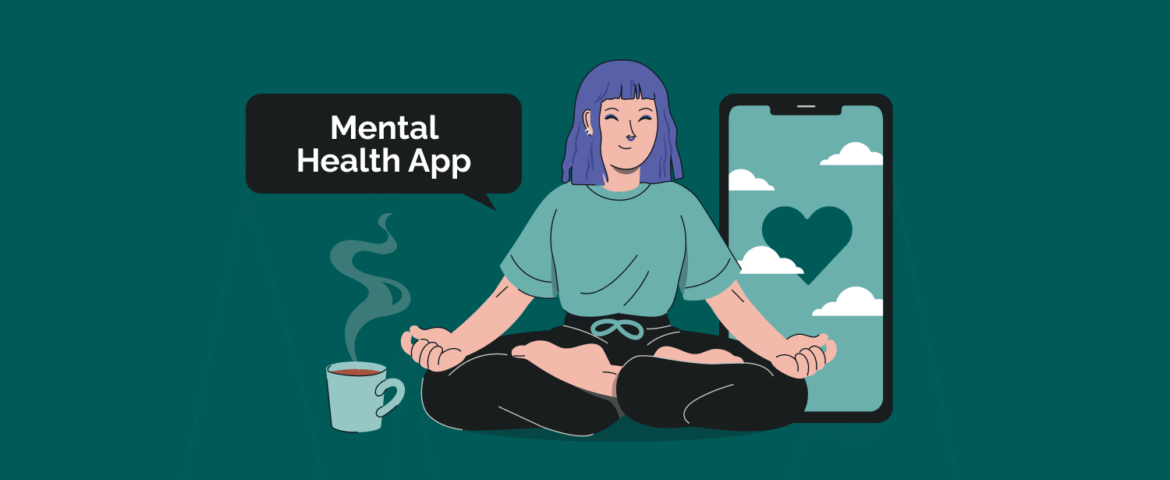In 2025, mental health is no longer a taboo topic or secondary concern—it’s front and center in the global health conversation. With rising levels of anxiety, burnout, and depression across Tier 1 countries like the US, UK, Canada, and Australia, individuals are now prioritizing mental wellness just as much as physical fitness.
What’s changing in this new era? The rise of digital therapy, advanced mindfulness practices, and a holistic, personalized approach to self-care are revolutionizing how we care for our minds. From AI-powered therapy apps to daily meditation rituals, here’s how mental health is evolving in 2025—and what you can do to thrive.
1. The Digital Transformation of Therapy
The biggest shift in mental health care is happening online. Thanks to teletherapy platforms and AI-driven chatbots, people now access therapy from home, on-demand, and at lower costs.
- Top Platforms: BetterHelp, Talkspace, Wysa, Woebot, and MindBeacon are dominating app stores with high downloads and excellent user reviews.
These platforms use licensed therapists or AI tools to provide cognitive behavioral therapy (CBT), emotional tracking, and mental health coaching—all from your phone or laptop. In Tier 1 countries, search volume for “AI mental health apps” has increased by 80% since last year.
2. Mindfulness: The Mental Gym of the 2020s
Mindfulness has become one of the most powerful tools in managing stress, anxiety, and emotional burnout. In 2025, it’s no longer just about meditation—mindfulness is a lifestyle.
- Most Popular Apps: Headspace, Calm, Insight Timer, and Balance have introduced new content tailored to short attention spans and busy lives.
Guided meditations, breathwork, and body scans are now part of morning routines and corporate wellness programs. Google searches for “how to practice mindfulness at work” and “5-minute meditation for focus” are surging in urban centers like New York, London, and Sydney.
3. Wearable Tech for Mental Health Monitoring
2025 brings mental health tracking right to your wrist. Wearables like Apple Watch, Oura Ring, and Whoop Strap are now equipped to detect stress levels, sleep patterns, heart rate variability, and even mood trends using biometric data
Real-time data helps users recognize emotional triggers and adapt behavior. These tools are especially helpful for people managing anxiety disorders, insomnia, or seasonal affective disorder.
4. Mental Health in the Workplace: Corporate Wellness 2.0
Employers in Tier 1 countries are taking mental health seriously. In 2025, offering mental health benefits is no longer optional.
Companies are integrating mental health platforms into employee benefits, offering on-demand counseling, burnout prevention workshops, and mindfulness rooms in physical offices. LinkedIn reports a massive increase in job posts highlighting “mental wellness support” as a perk.

5. Social Media and Mental Health: From Toxic to Therapeutic
In previous years, social media was often associated with increased anxiety, FOMO, and depression. But in 2025, platforms are evolving with mental health-friendly features.
- App Updates: Instagram’s “Wellness Mode,” TikTok’s “Mental Health Resources Hub,” and Twitter’s break reminders
Influencers are now creating content focused on authentic living, mental clarity, and mindful scrolling. Search volume for “social media detox plan” has increased dramatically, especially among Gen Z and millennials.
6. Therapeutic Psychedelics: The Next Frontier
Once taboo, psychedelic-assisted therapy is now at the cutting edge of mental health treatment. In the US and Canada, regulated use of psilocybin, ketamine, and MDMA therapy is showing transformative results for people with PTSD, treatment-resistant depression, and addiction.
- Top Insight: Clinics offering legal, guided psychedelic experiences are growing rapidly in popularity, and clinical trials are expanding globally.
Interest in “psychedelic integration coaching” and “how to prepare for psychedelic therapy” continues to grow in search engine data from the UK and Australia.
7. The Rise of Digital Self-Care Routines
In 2025, self-care isn’t just face masks and bubble baths—it’s intentional digital routines that support emotional balance. This includes journaling apps, gratitude trackers, ASMR sleep channels, and digital habit coaching.
- Emerging Platforms: Finch, Fabulous, Moodnotes, Reflectly, and Aura
Users now build personalized self-care schedules using AI-based recommendations that adapt to their mood and life events. Search data shows a spike in interest for “best evening routine for mental health” and “habit tracking for emotional balance.”
A New Era of Empowered Mental Wellness
The mental health landscape in 2025 is more hopeful, more personalized, and more digital than ever. With access to virtual therapy, mindfulness tools, wearables, and inclusive self-care platforms, people are empowered to take control of their mental wellness—on their own terms.

